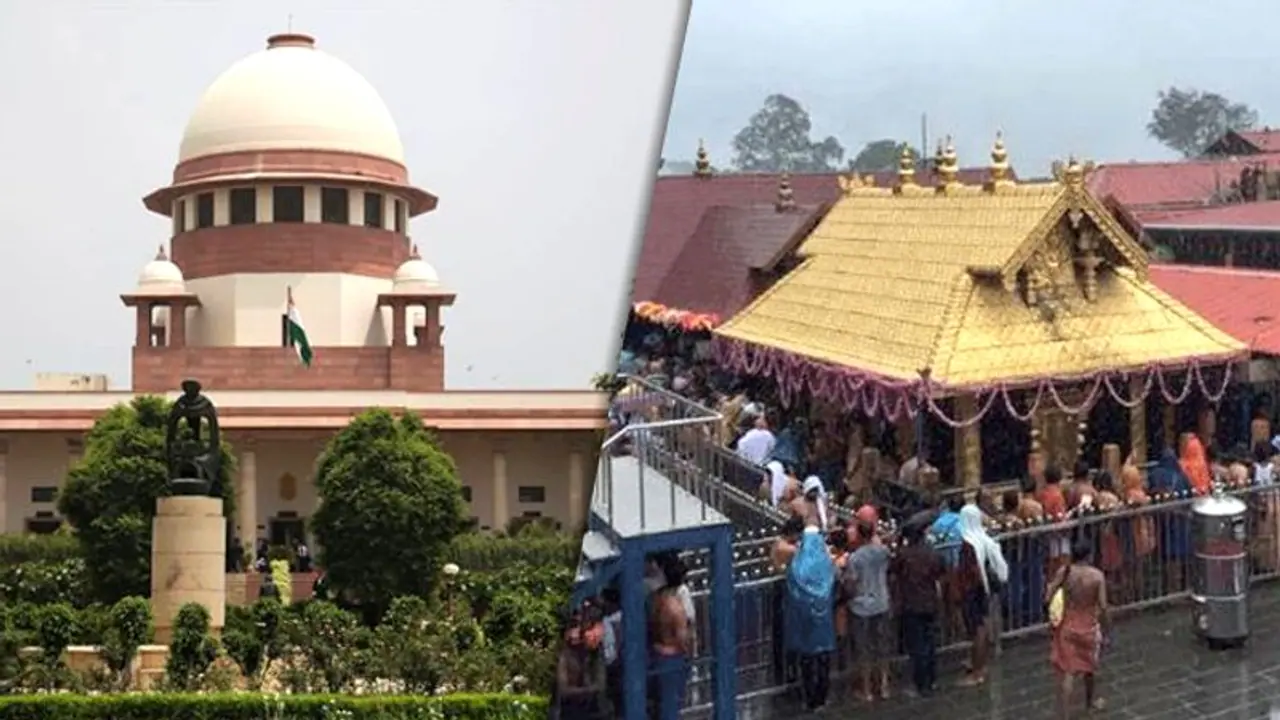The 65 petitions regarding the Sabarimala issue were heard by a five-judge constitution bench led by Chief Justice Ranjan Gogoi
New Delhi: The Supreme Court on Wednesday reserved the judgment on 65 petitions regarding the review of the Sabarimala verdict (55 review petitions, four writ petitions, two transfer petitions, two special leave petitions (SLP) and one petition seeking time).
The petitions were heard by a five-judge constitution bench led by Chief Justice Ranjan Gogoi. Justices Rohinton Nariman, AM Khanwilkar, DY Chandrachud and Indu Malhotra are part of the bench.
Chief Justice Gogoi on January 15 stated that Indu, the lone woman judge of the bench considering the case, is on medical leave and so the case would be heard on February 6.
One of the review pleas said that the verdict "questions matters of religion, which are not within judicially manageable standards, and the decision in substance has the effect of holding that the character of the deity can be altered based on individual faith and belief, in violation of the tenets of a particular religion and or religious sect".
The petitioners have also said that the verdict has "legal errors" and the assumption of the temple practice being based on notions of menstrual impurity is "factually erroneous".
While many petitioners claimed that the verdict is wrong, the state government and the Devaswom Board strongly opposed the review pleas.
Advocate K Parasaran argued that the court passed the order without considering many constitutional matters and is literally wrong. The lawyer, who appeared for the thantri, opined that if women entry is permitted, then the deity will lose its celibacy.
In the meanwhile, the court had to intervene when a dispute broke out between the lawyers and threatened to stop the court proceedings. The court criticised the lawyers when they requested repeatedly to hear their arguments.
Another senior advocate Vijay Hansaria, also appearing for the Kerala government, said a case cannot be allowed to be reopened by way of the review petition.
The state government said there is a distinction between the essential practice of a temple and the essential practice of the religion. If this essential practice test is applied temple wise then the purpose would be defeated, it said.
Senior advocate Abhishek Manu Singhvi, representing the Travancore Devaswom Board's ex-chairperson, favoured submissions seeking review of the judgment.
